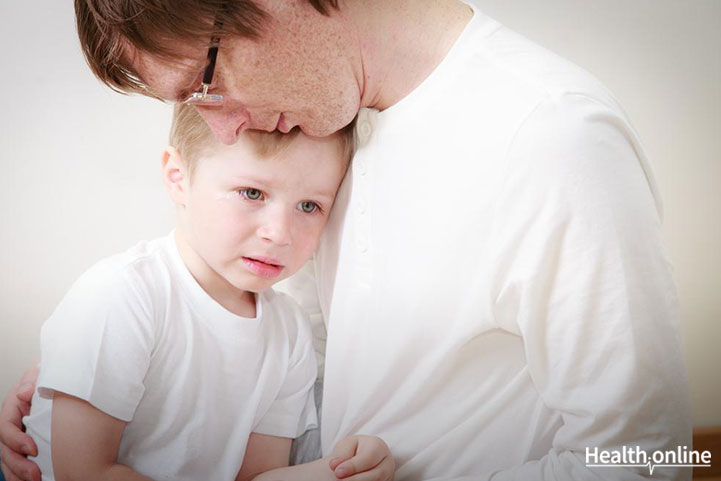
How to Help Your Child Cope With Grief
Raising kids has never been easy, and in this day and age, it’s particularly challenging. But perhaps nothing’s more challenging for a parent than the prospect of helping a child cope with grief. It may be grief over the loss of a pet, a friend, or a family member. It could be grief due to separation, or worse, grief due to someone’s death.
Are you a parent faced with this challenge? Then read on for some advice on how to help your child get through this difficult time.
Use simple and clear words
Breaking the news is an art. How you approach your child with the news is very important. While remaining sensitive to your child’s emotions, it is best to take a direct approach and tell them clearly and precisely what happened. “I am sorry that your pup died this morning. We won’t see it again”, or, “Your best friend has moved to a new place, and you will have to say goodbye” would be ways to begin the conversation. Allow your kid to grasp the reality and then talk further.
Listen and reassure
Most of the times, kids don’t react the way we expect them to. Sometimes, they cry, sometimes they don’t, and sometimes, they might even seem indifferent. Remember that kids take time to process things emotionally. So be with your kid and reassure them that you are there to support them. A sense of comfort is what is most important to them at this point in time.
Allow them to talk
Let your kids talk to you about their feelings – be it after a week, a month or even a year. Know what is going through your kid’s mind and heart. Always be prepared to lend them an understanding ear. Often, that is enough.
Prepare your kid for how life will change
One way to help your child cope with the loss of someone is to tell them exactly how life will change without that person. For instance, if one of the child’s grandparents have passed away, explain to them how they won’t be able to visit that grandparent anymore, or that someone else will pick them up from school. This will make your kid mentally prepared for life without that person.
Teaching about funerals
You must take your kids to funerals and rituals where they get to see what happens after the person dies. So when their loved ones die, they will know what each thing means and what to expect. Never underestimate that your kid will not understand. Also, teach them on how to talk to people who have lost their loved ones like “My deepest condolences” or “I feel sorry for your loss.”
Take your child to do something fun
Immediately following the death of a loved one, your child’s thought process will be marred by grief. Taking them out to do something fun, such as on a long walk, or to visit a book fair or to attend a concert, will help them relax and take their focus off the loss – at least for a little while.
Help them pass the time
Related to the point above. Enroll your child in a new class. Interest them in a new hobby. As the saying goes, time is the best medicine – and distracting themselves through these activities will help them get back on track, stronger than before. When new memories set in, they tend to overwrite the old ones.
Be supportive when they face panic attacks
The major problem kids may face during this difficult time is sudden panic attacks. You have to be supportive and stay with them. The best support that they require might be a hug, or someone holding their hand. Even when they take up too of your much time, be patient and calm. Remember that you are helping your child get through something that would be traumatic enough for anyone, and even more so for someone their age. Your actions will help make them stronger.
All these things are easier said than done of course. So when things get a little too challenging, be sure to get the support of a psychologist.




